What is a proverb? It is a short saying that wraps up some life principles and wisdom into a fairly popular, straightforward, and easy-to-understand phrase. They get passed down.
Korean phrases are just as unique and incoherent, yet at that same time wise as they are in English.
So let's take a look at some examples and see how you can use them in your life.
Pleasure Comes After Hard Work
고생 끝에 낙이 온다

Similar to phrases like, "No pain, no gain," or "April showers bring May flowers," this phrase is meant to capture the idea that you should not give up and you should try to persevere.
It is a sentiment felt all around the world and is a very common feeling captured in proverbs in every language.
Reading Psalms To A Cow's Ear
소귀에 경 읽기
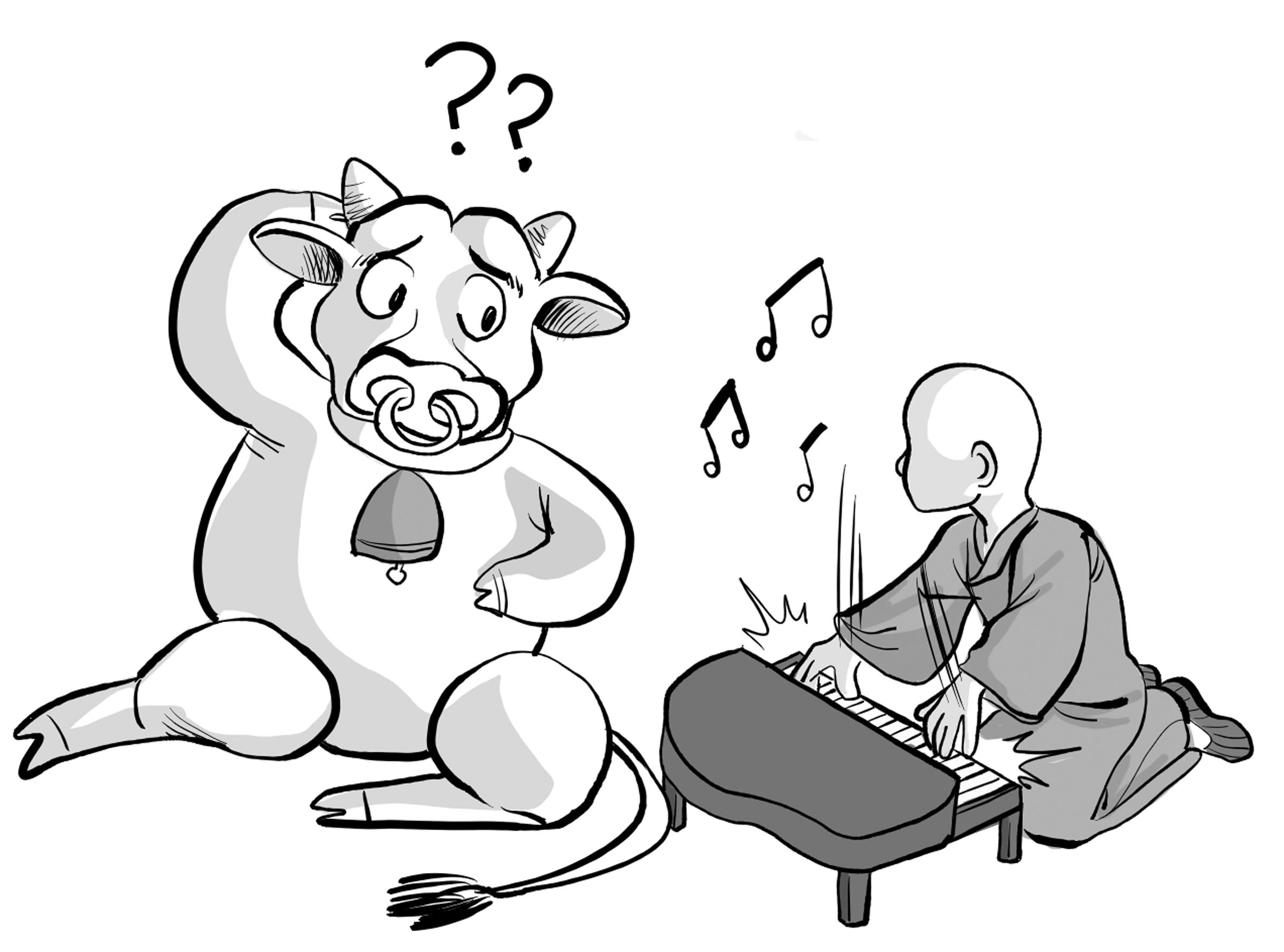
Upon reading this phrase, you might have no clue what it could mean. Surely, it seems a bit odd at first glance. But it has equivalents in English, like, "in one ear and out the other."
Basically, it refers to the act of trying to tell something to a person who just won't listen. You're wasting your breath.
Everyone knows somebody like that, who just refuses to hear what you're saying and you feel like your advice is totally useless.
Leave The Cat To Guard The Fish
고양이한테 생선을 맡기다
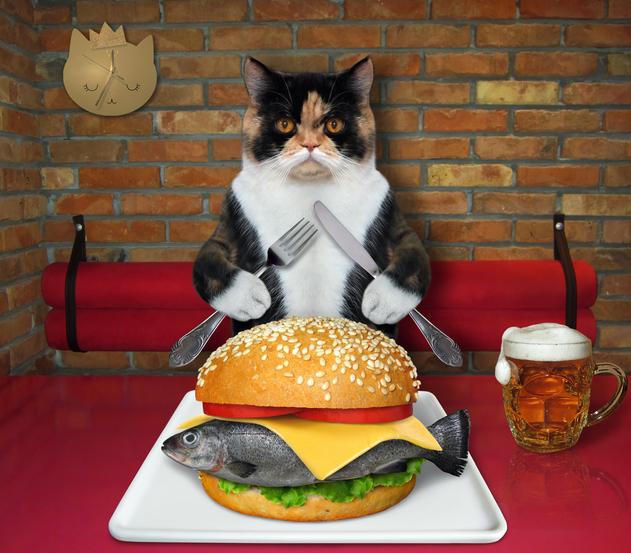
This builds off the stereotype that cats love to eat fish. So of course if you leave the cat to guard it, the fish will face imminent danger!
As you can probably surmise, the English equivalent of this one in English is, "Don't let the fox guard the henhouse," or, "Let the wolf guard the sheep."
So of course if you have someone you can't trust do something that you should theoretically see their conflict of interest, you shouldn't be surprised when you get a bad result.
The Day You Go Out Is Market Day
가는 날이 장날
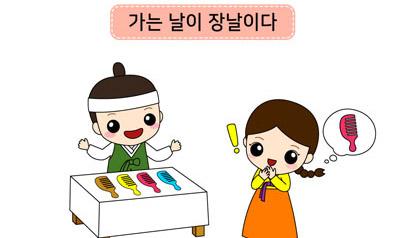
The market in Korea in the past was not open every day like today. Instead, there were divided days or specific dates that markets would open, and it usually was only for a few days. Therefore, the phrase was born.
It refers to the idea that when you go out to do something, or you have a specific goal in mind, an unexpected event can occur simultaneously, usually meaning bad timing.
Someone Else's Rice Cake Looks Bigger
남의 떡이 더 커 보인다
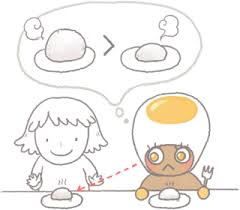
As you might be able to guess, this is the Korean equivalent of, "the grass is always greener on the other side."
It is meant to capture the feeling of greed we feel when we are unhappy with our own situation in life and compare it to others, even if our own life is already good too.
See The Geumgang Mountain After You Eat
금강산도 식후경
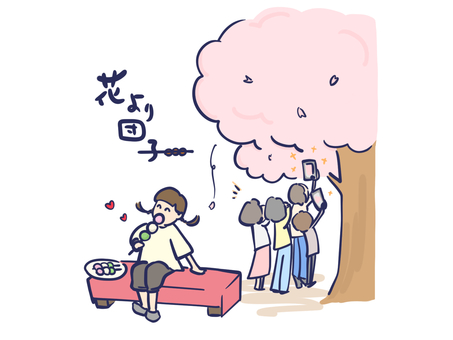
Geumgang Mountain is said to be one of the most beautiful in Korea.
But if you go there to take in the sights on an empty stomach, it won't look beautiful to you because you'll be focused on your own hunger.
So this expression is meant to convey the necessity of having a full stomach! Nothing is more important than eating so that you can enjoy all of life's beauty unhindered.
If You Have A Long Tail, You Will Get Caught
꼬리가 길면 잡힌다

This one is more straightforward than other proverbs. Rats with the longest tail are easiest to catch or more likely to get stuck in the trap.
So if you are uncareful and leave too many traces, you too can be caught in unpleasant situations.
It could also be used to refer to ACTUAL criminals who don't cover their tracks well, but let's assume nobody reading this is a criminal.
Give A Disease Then Give Medicine
병 주고 약 준다
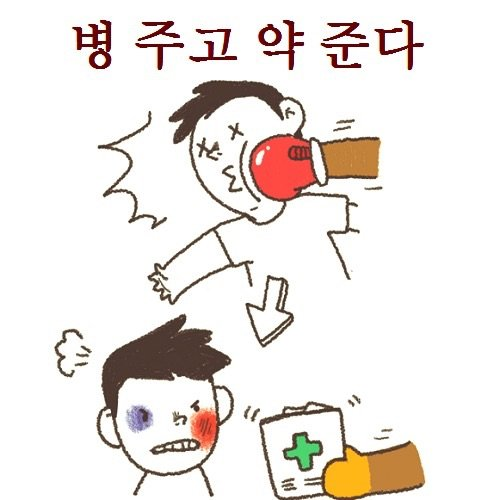
It refers to someone t hurts you intentionally, either physically or mentally, then fakely apologizes for it later.
The Thief's Own Foot Falls Asleep
도둑이 제 발 저리다

The thief's foot falls asleep? Even I confess myself bewildered by this expression. What could it possibly mean?
It refers to someone's guilty conscience, that's what. A similar proverb in English is, "a guilty conscience needs no accuser."
It means that when someone does something bad or something that makes them feel guilty, they will oust themselves in one way or another, kind of like when someone passes gas in a group of people and you know it was them because they were the first to accuse someone else.
Why a thief's foot falls asleep remains a mystery...
Bad Rice Cake Is Purchased Cheaply
싼 게 비지떡
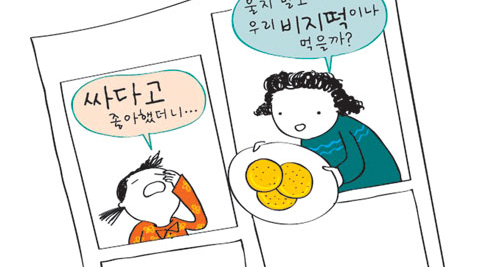
Good rice cake in Korea is made with rice, while bad rice cake (bi-ji-ddeok) is laced with tofu. This expression is meant to convey that just because something is cheap doesn't mean it's good or worth buying.
There have been people who Korea who explored the source of this saying: Before ancient times, someone traveled to Hanyang (now Seoul), but the journey was difficult and he was entertained by the tavern owner he met along the way.
Upon request for good sustenance at a cheap price, the tavern owner gave him tofu-laced ddeok. So the man felt cheated and unsatisfied.
You Don't Even Touch A Dog Who's Eating
먹을 때는 개도 안 건드린다

This one is rather unique. It mostly tries to convey the idea that eating a meal is a sacred time that shouldn't be hindered or interrupted.
Not even petty street dogs should be bothered while they're eating. So you should never bring up issues or cause fights around the dinner table.
Eating Rice Cake Laying Down
누워서 떡 먹기
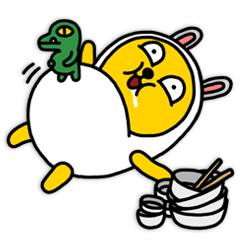
Actually eating rice cake while laying down would be hard.
Don't try it at home. But it's meant to capture the same idea as the English, "it's a piece of cake," which of course means that something is easy to do. Kind of an oxymoron...
What do you think about these Korean proverbs? Did they leave you stunned and confused? Do they make any more sense than their English equivalents? Let us know what you think or if you'd like to learn more!




